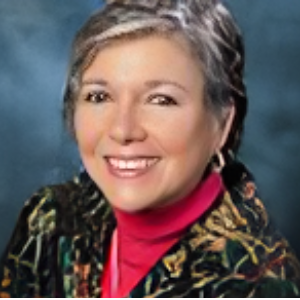Title : Social nudity and holistic patient care
Abstract:
This presentation aims to educate nurses about social nudism, also called naturism, and how society’s negative perceptions cause people to bear the burden of secrecy and the anxiety of fear of discovery. Since nudists are found worldwide and constitute a microcosm of society, one might assume that not only one’s patients but one’s professional colleagues may be secret nudists. Understanding the way of life and reasons for this choice will enable patients to freely discuss being a nudist without fear of recrimination. In addition, learning about this human subculture may improve individualized patient care based on the nurse’s acquiring new and factual information and creating interventions based on understanding the risks and benefits experienced by this subculture. A fundamental aspect of nursing practice requires understanding the complexities of patient choices, particularly regarding lifeways and health decisions. Patients may adopt certain ways of living, such as diet, exercise or alternative health practices, for reasons rooted in personal, cultural, or socioeconomic factors. To provide holistic and patient-centered care, nurses should be open to understanding these factors and approach revelations with curiosity rather than judgment. This fosters open communication, where patients feel heard, respected, understood, valued and safe. One variation of human lifeways...often unjustly stigmatized and stereotyped...is the subculture of social nudism, also called naturism. Social nudists/naturists exist throughout the world and compose a microcosm of society. Adherents encompass all ages, professions, religions, sexualities, marital status, ethnicities body conditions, etc. Individuals, couples and families participate in clothing free living in appropriate legal spaces such as nudist beaches, clubs, private homes, approved public parks and nudist communities. These may include places where nudists may live part- or full time. Since a fair percentage of nudists may be senior adults, home care nurses or other professionals may be assigned to care for patients in these environments and need to be aware of their own misgivings and expectations as part of their orientation. Naturism is chosen for many reasons: the benefit of body positivity; being connected to nature; comfort with the non-judgmental acceptance of those demonstrating self respect, respect for others and care of the environment; enjoyment of wholesome activities in a safe, ‘G-rated’ environment; a true sense of community and belongingness; a spiritual connection with a higher being; personal freedom and improved physical and emotional health. Despite these valid reasons, the perception of social nudism is fraught with damaging misinformation: nudity means sex (untrue): naturists are swingers (untrue): male nudists, especially teachers, are pedophiles (untrue), nudity is immoral and against most religion (untrue); children are emotionally harmed by seeing nude adults (untrue); exposure to nudity promotes promiscuity (untrue). Despite a growing, but still lacking, body of research validating the many positive benefits of naturism, admitting that one is a social nudist remains difficult and risky. Therefore, while many nurses, their patients as well as their friends or colleagues could potentially be naturists, lack of understanding and pejorative attributions often cause great anxiety due to living with fear of discovery.
Audience Take Away:
- The definition, truths and stereotypes about social nudism/naturism
- The impact on individuals or families who fear their secret nudism will be revealed
- How to identify their own perceptions/misconceptions about social nudism and nudists
- What to anticipate if caring for a patient who lives in a nudist or naturist resort
- Identify the teaching needs that a nudist patient or family may have



